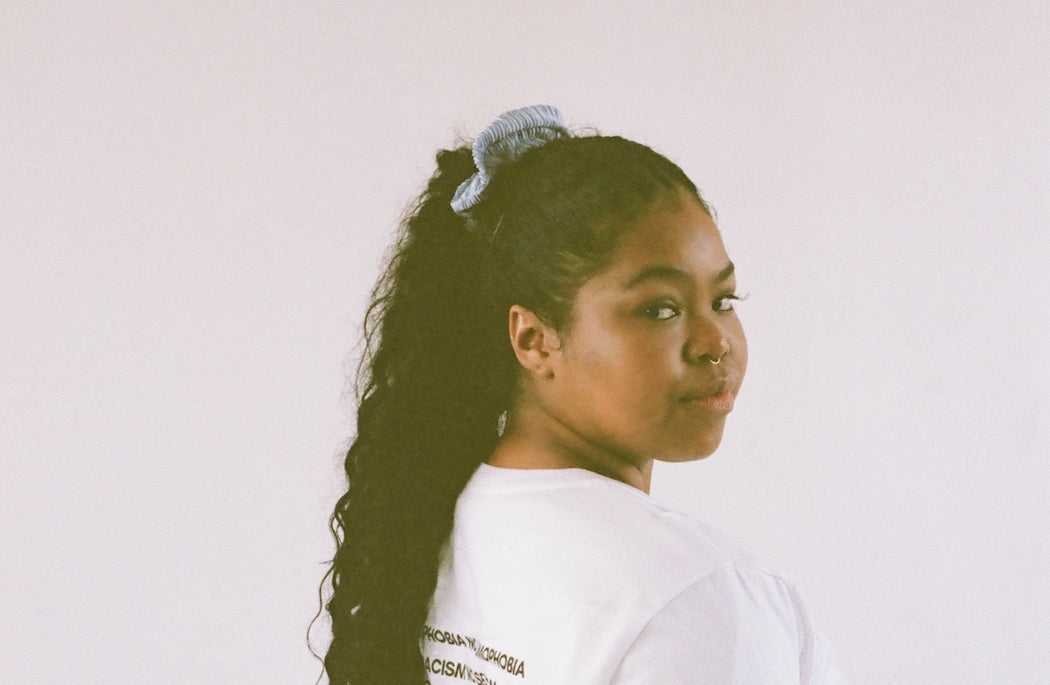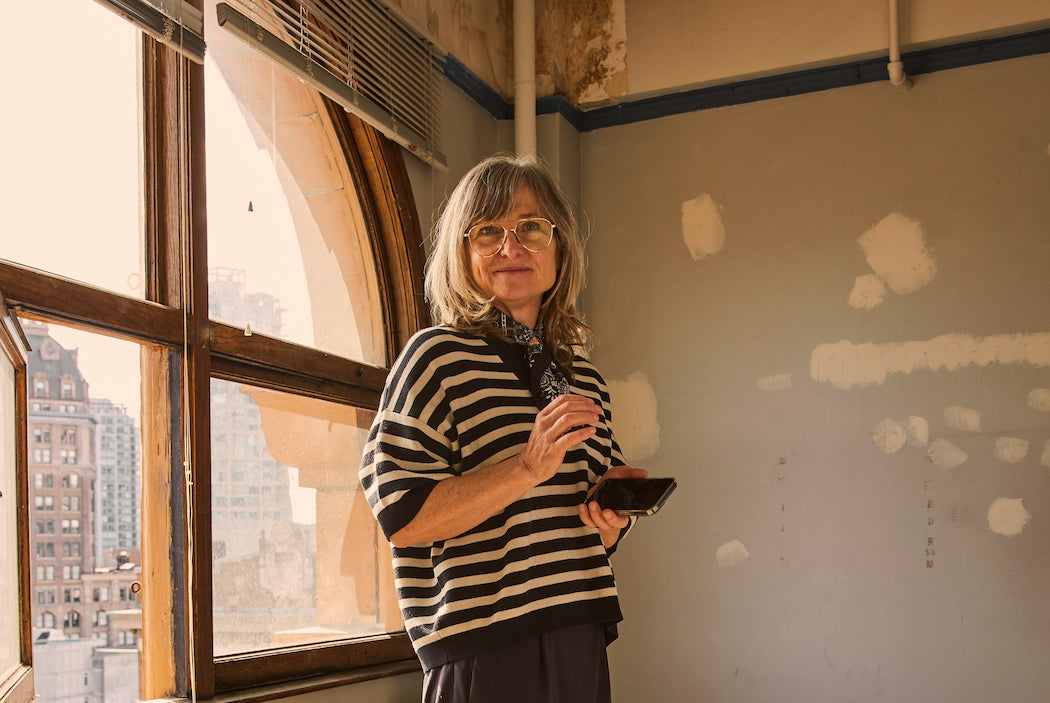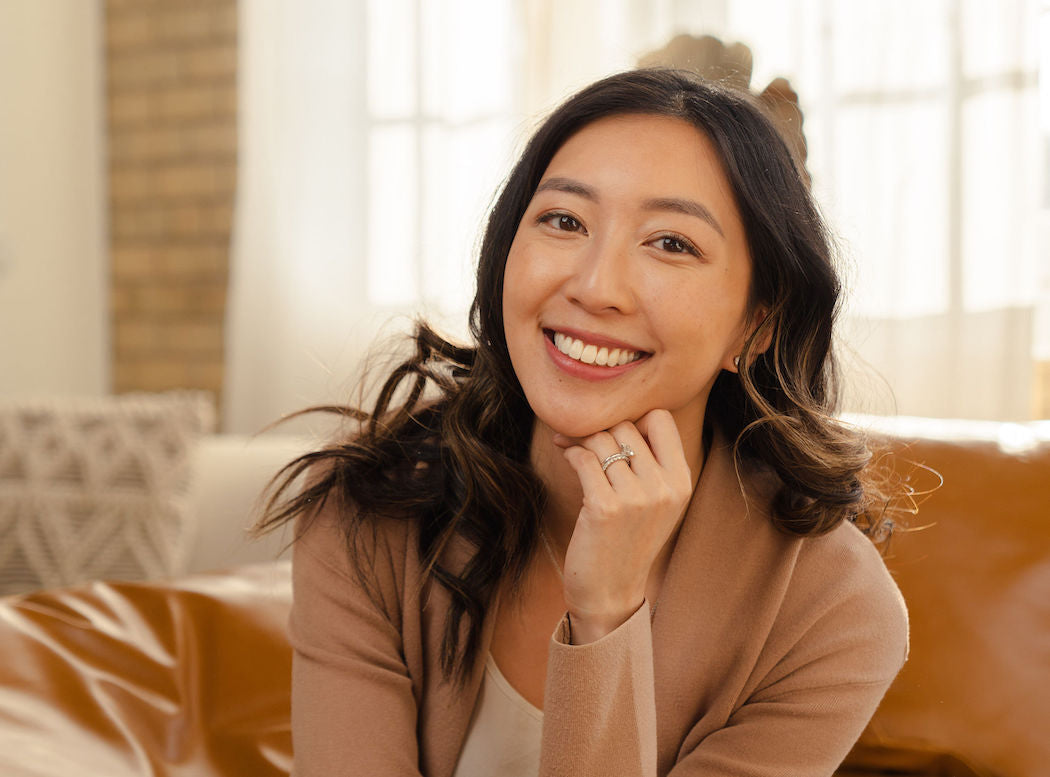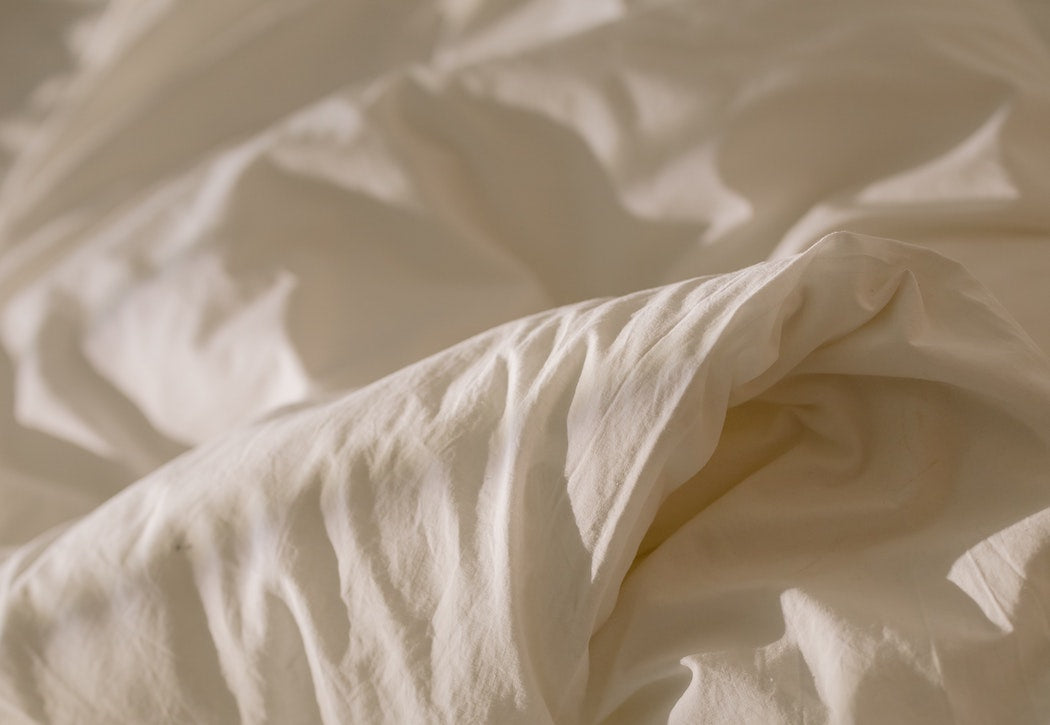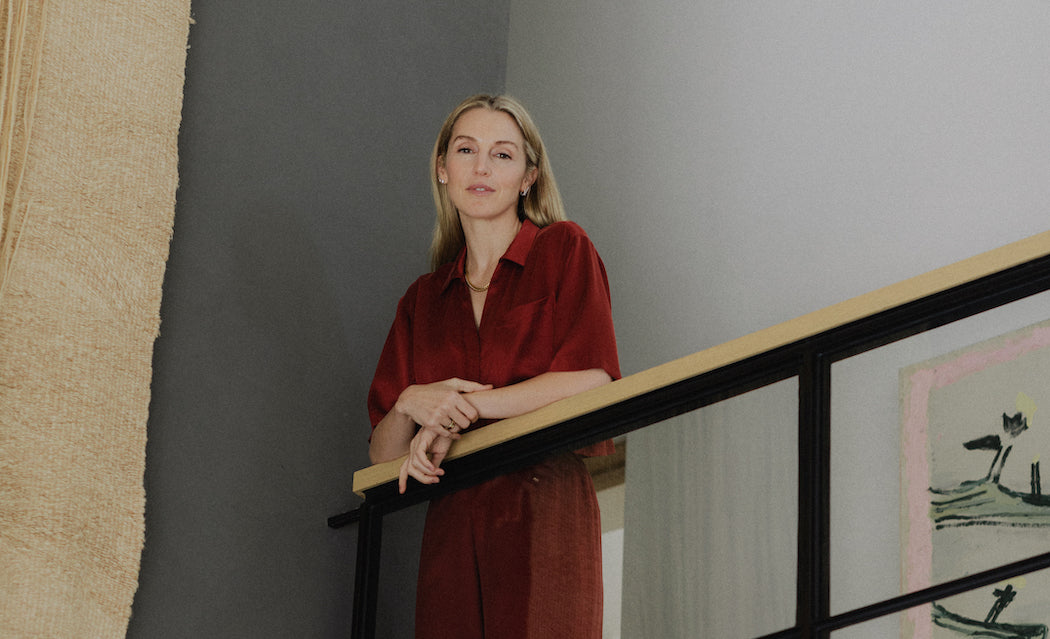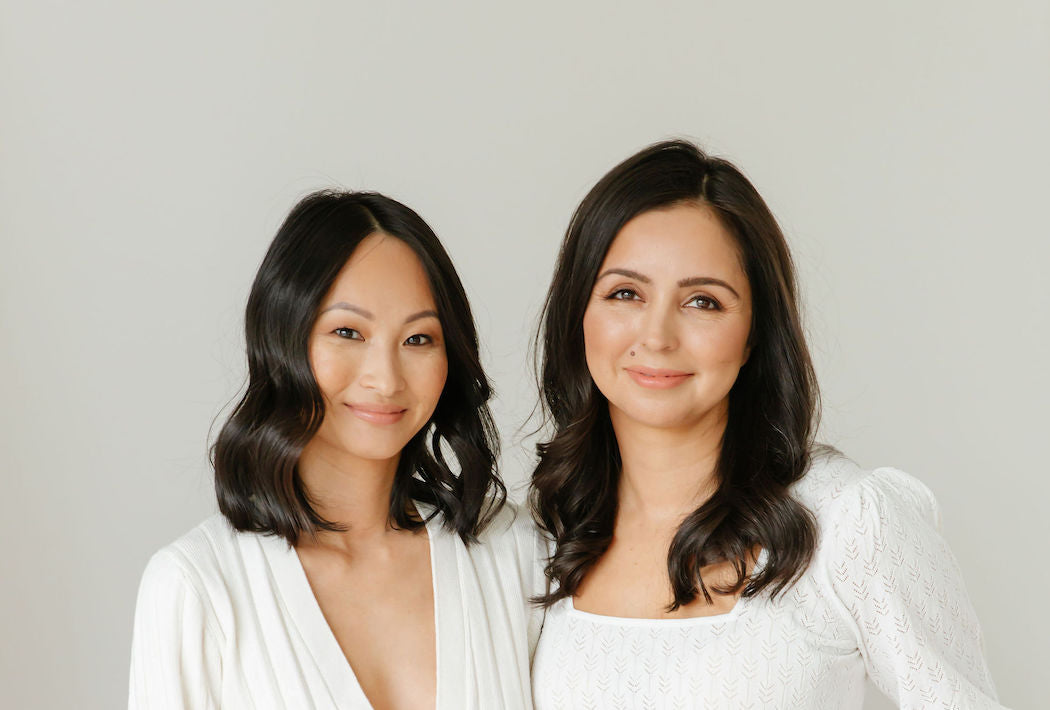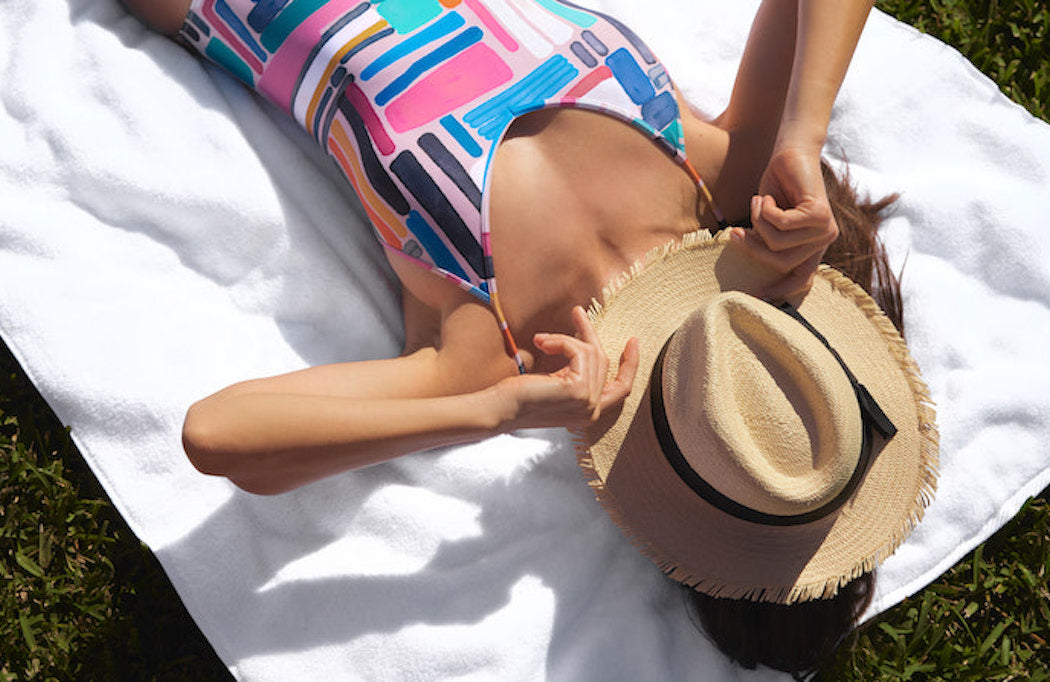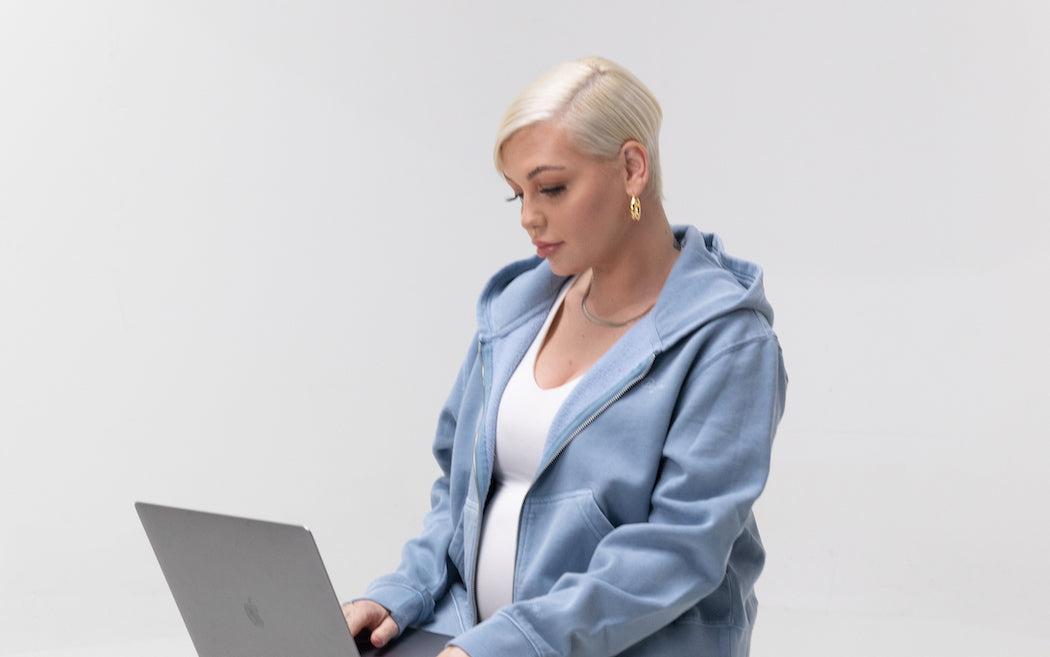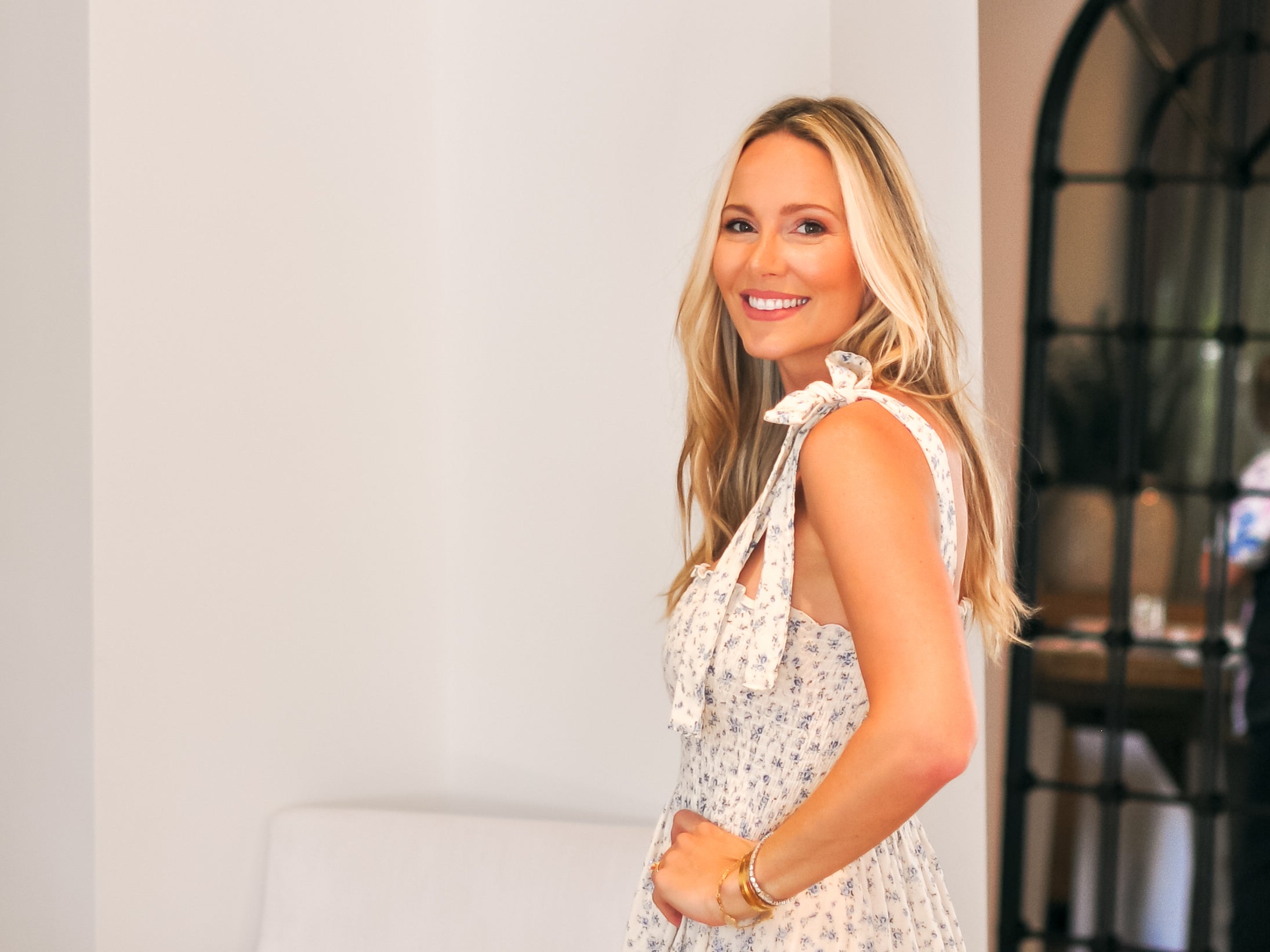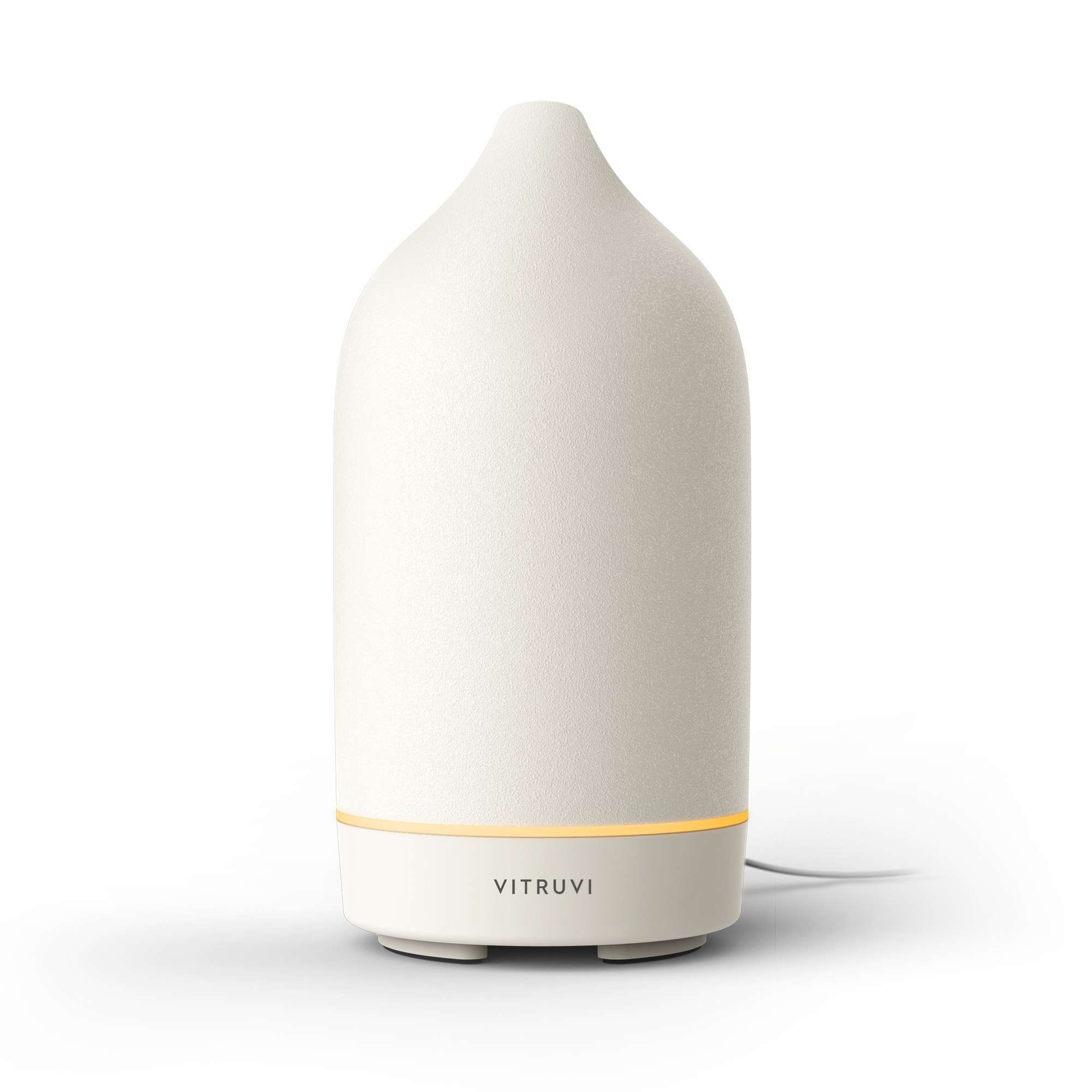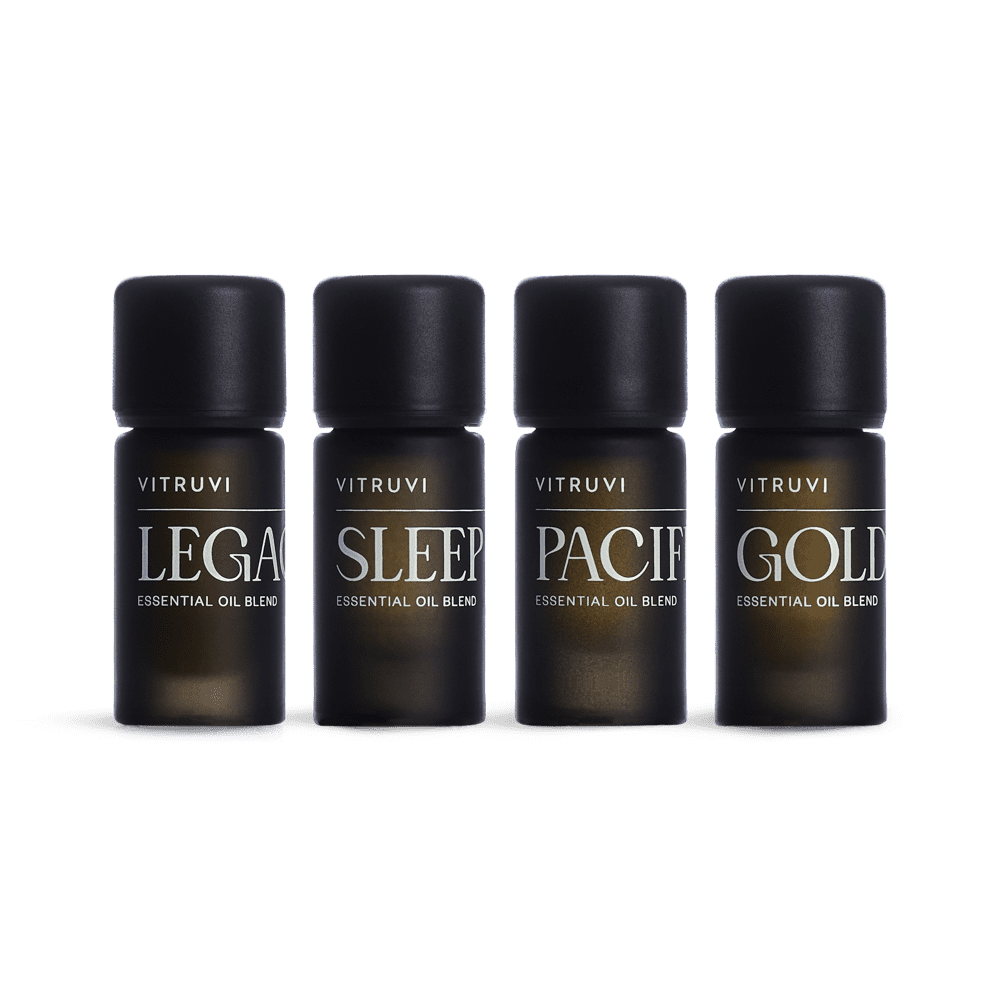We’ve all heard the phrase before: “it’s a total boys’ club.” As in: a space in which only men—usually white, almost always straight—feel safe. And it’s perhaps nowhere more prevalent than in the fitness industry, where gyms still seem to cater to weight-lifting bros more than anyone else. Even in more progressive boutique studios, the atmosphere tends to leave out anyone who isn’t able-bodied, on the gender binary, or affluent. But Brigid Rea and Ryan Haxton are out to change that.
The duo runs The Boys+ Club Fitness: an advocacy, facilitation, and education organization based in Vancouver with the goal of increasing diversity, representation, understanding, and inclusion in the city’s exercise spaces. Redefining the idea of a typical boys’ club, the project forces people to get uncomfortable, to confront their own biases, and to understand how they might be part of the problem. Because while Vancouver is dotted with fitness spaces, they still have a long way to go in terms of providing a welcoming environment for all individuals. The Boys+ Club, then, sees its job as calling for change through resources, campaigns, and workshops.
“None of us are free until we’re all free,” says Rea, who admits that past struggles with an eating disorder are what first inspired her to evaluate the current standards of the exercise industry. Seated at Chinatown’s Dalina cafe, she discusses The Boys+ Club’s goals, the hurdles that marginalized groups face when pursuing movement, and how we can all be better allies.
Can you explain a bit about The Boys+ Club’s mission?
The Boys+ Club is really just about smashing everything that’s going on. [Fitness has] been a space that is very male-oriented, with very toxic masculinity that even impacts cisgendered females. [The Boys+ Club has] just been growing and expanding from that. And it’s always really important for me that it’s not told through my lens. A lot of these aren’t my lived experiences—they’re not how I experience movement—so I want to ensure the voices are being heard.
The main goal for us is always visual representation. Because even when you research fitness, the main things that are showing up are white bodies. Representation is so important because if you don’t see yourself somewhere, then you feel like you don’t belong there. And not only do you believe that, but society believes that if they don’t see you in those spaces. So that was really important for us. More and more we’ve started to facilitate and be vocal about the work that’s going on. We want to host events where individuals work with us and move their bodies to the best of their ability, not in these very elitist ways.
How do you strike a balance between being an advocate and ally, and making sure that these marginalized groups aren’t being tokenized?
It’s been a lot of learning. But it’s also knowing when to step back. When I have someone approach me I’m like, “Did you reach out to these individuals who had these experiences? Who did you talk to before coming to me?” Because I never want to take up that space; I always want to make sure I’m giving up space and making space as opposed to just being like, “I know everything and here I am.” It’s a lot of learning, and obviously there are going to be times where I’m still going to fuck up.
What are some ways fitness studios can take steps to being more inclusive?
It’s educating people on how to make fitness more accessible to trans, LGBTQ, and non-binary individuals, and educating yourself on how to use gender-neutral langue and ask for pronouns. Take a look at your forms—“Hey, are we only asking for male or female on this? Are we giving the option for people to state their preferred name and pronouns?”
It’s always questioning yourself and the ways in which you talk about bodies, and the ways in which you are using fitness as a punishment. Are you basing these ideas of what a body looks like on very white, European standards?
It is interesting that Vancouver is such a fitness-friendly city and yet doesn’t really serve so much of the population.
It’s unfortunate what Vancouver’s idea of fit and healthy is—it’s such a diet culture, fatphobic, almost orthorexia. It’s teetering there. People almost think they’re at a higher moral standard because they drink smoothies, as opposed to someone who doesn’t maybe have access or privilege to be able to have that kind of diet in their life. So it’s really interesting who gets access and how we value what’s inside those spaces.
How do you like to move your body?
I love moving out in group classes. It takes away that idea of punishment. I definitely haven’t always moved my body in ways that empowered me, and when I found group classes I went, “Oh, this can be fun.” It’s a great way to reconnect with my body and recentre. I love hiking also. I love doing movement that just integrates into my life so that I don’t just look at it as exercise.
How else do you you practise self-care?
Netflix. It’s checking out when compassion fatigue kicks in. And it’s still such a privilege to be able to check out. The people that you’re fighting for, they don’t get to check out.
Is there anything else you’d like to add?
It’s so important that we’re addressing these issues not out of a place of guilt but a place of ownership and responsibility. It’s really on us—those who have that privilege and power—to give up space, make sure individuals claim space, and be aware of the space that you’re occupying.
The Boys+ Club calls to action
- Listen to and learn about marginalized groups’ experiences in these spaces.
- Identify barriers and how you can remove them. Ensure that you’re also learning from those who are directly impacted by these systems of oppression.
- Hire diversity and inclusion consultants to work with you and your facility.
- Take additional courses that educate you on ways to work with trans/GNC folks, and on how to better service those with disabilities.
- Offer donation or sliding-scale classes for those who may have financial barriers.
- Practice and normalize the usage of pronouns and gender-neutral language.
- Provide gender-neutral facilities (such as removing very binary gender markers on bathrooms).
- Create anti-discrimination policies that all staff and clientele are aware of, and ensure that you enforce these policies.
- Run staff through anti-racist training.
- Hire an accessibility auditor (have them come in every two years).
- Decolonize your practice of fitness (stop using it as punishment or a way to shrink yourself down).
- Look at your representation: who are you including, and who has been excluded?
- Hire people of colour, and people who are LGBTQ2sIA+/GNC, Indigenous, Black, disabled, and fat. Ensure you’ve done the work prior to hiring them to create a protected space.
This interview has been edited and condensed.

